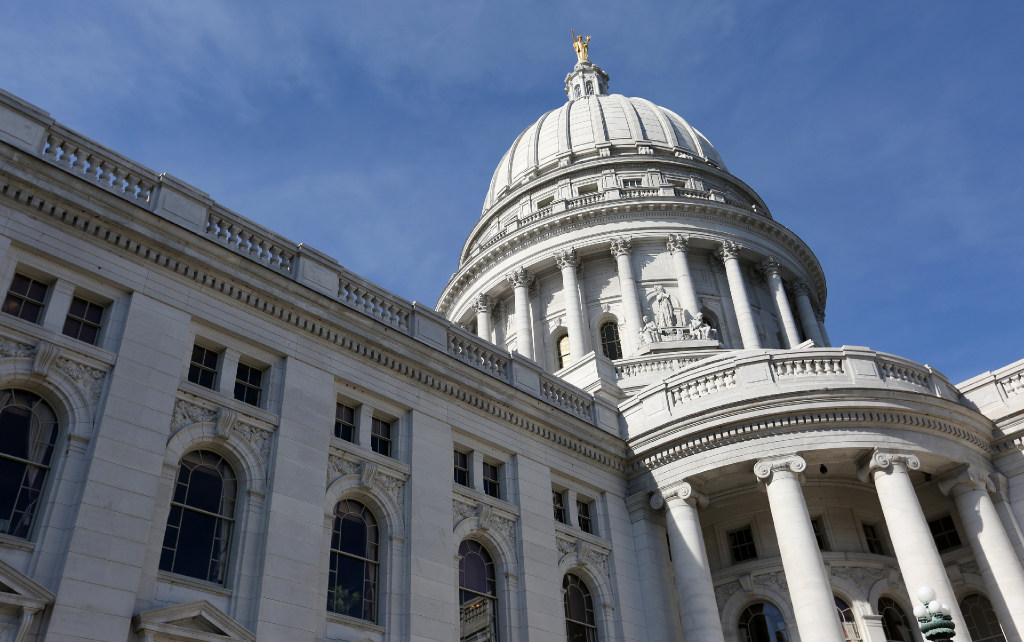Wisconsinites view climate change, health care, race relations, income and wealth distribution and excessive government regulations as the biggest problems facing the state. Meanwhile, the state's residents see climate change, the federal budget deficit, income and wealth distribution, race relations and health care as the biggest problems for the nation as a whole. That's according to a new surve...
Please log in to access subscriber content.
If you don't have a subscription, please contact schmies@wispolitics.com for subscription options on the WisPolitics-State Affairs platform, which is the new home for WisPolitics subscriber products.


